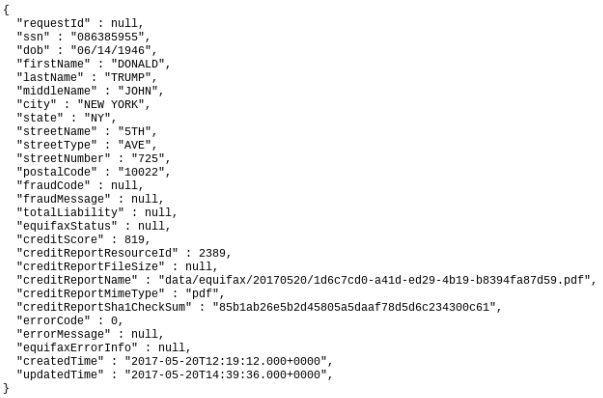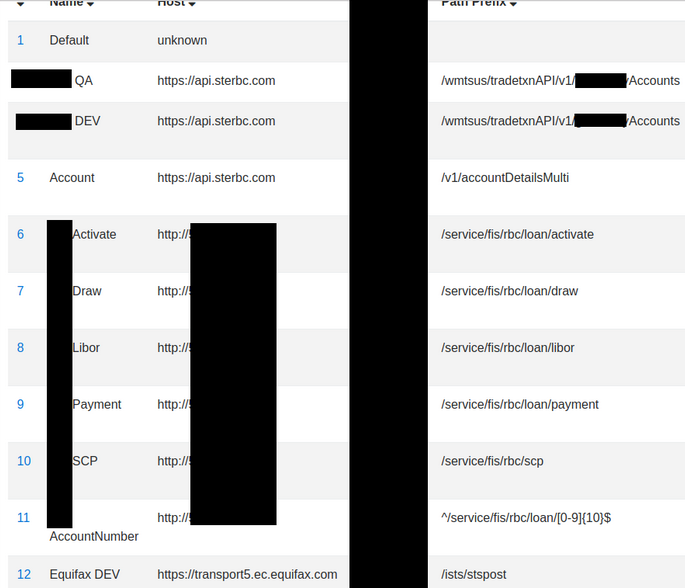While the large amount of information stolen in the recent Equifax hack might be up for sale somewhere on the dark web, scammers have also set up websites offering the data from the U.S. credit reporting agency.
Equifax alerted customers on September 7 that hackers had accessed its systems between mid-May and late July. The breach affects roughly 143 million U.S. consumers and involves names, social security numbers, dates of birth, addresses and, in some cases, driver’s license numbers, credit card numbers and dispute documents. Equifax has confirmed that an Apache Struts vulnerability was used in the attack.
Security experts believe the attackers will likely try to sell the data and warned users to be on the lookout for phishing attempts and scams.
The U.S. Federal Trade Commission (FTC) has launched an investigation into the massive data breach, and released an alert regarding scam phone calls from people claiming to represent Equifax.
Shortly after Equifax disclosed the breach, various individuals started claiming to possess the stolen data. One hacker with the online moniker “1×0123,” who had previously been credited for finding vulnerabilities in software and websites, offered to sell access to Equifax servers on Twitter, but later locked his account after more reputable researchers pointed out that he was a scammer.
One of the first scam websites emerged on the Tor anonymity network hours after Equifax made the announcement. The individuals who had set up the site wanted Equifax to pay them 600 bitcoin (at the time worth roughly $2.7 million) to prevent the public release of all the data – except the credit card numbers – on September 15.
After several experts pointed out that it was likely a scam or a hoax, the operator of the service hosting the Tor website shut them down.
A more recent attempt to allegedly sell the Equifax data comes from a group calling itself “Equihax.” They offered to release all the data via a crowdfunding effort whose goal was 600 bitcoin or 8,400 Ethereum. They also offered to sell 1 million data entries for 4 bitcoin ($12,500).
In order to prove that they are in possession of the Equifax data, they leaked the records of three individuals – Donald Trump, Kim Kardashian and Bill Gates – and posted various screenshots apparently showing that they had access to the credit reporting agency’s systems.

While they convinced some people that their claims are legitimate, others pointed out that this, too, is likely a scam. The first hint is that the details of Trump, Kardashian and Gates were posted online some time ago, and when Ars Technica’s Sean Gallagher and others pointed out that Gates’ residence is not in Wisconsin as the leaked records showed, the “hackers” changed it to Washington.
The format of the data does suggest that it has been extracted from a database, but the data could have been easily forged considering that only a small sample has been provided.
As for the screenshots, they allegedly show several administration panels used by Equifax, but these, too, could have been easily forged or taken from another location. For example, one of the screenshots does reference Equifax, but most of the domains and paths appear to be related to the Royal Bank of Canada.

Related: Canadian Class Action Suit Launched Against Equifax Over Data Breach
Related: U.S. Politicians Demand Probe of Equifax After Hack













